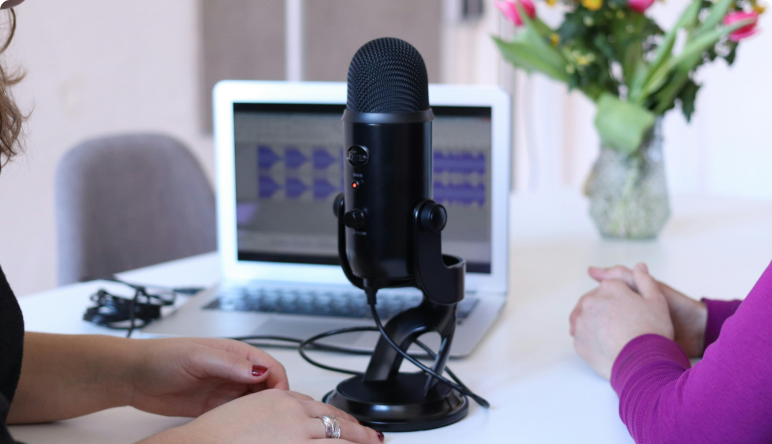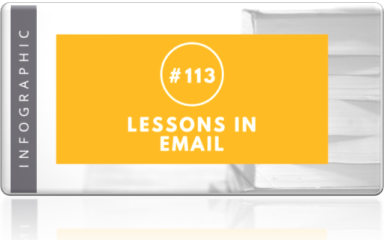




























































































































































Writing lively sentences matters because lively sentences hold our readers’ attention and make them more receptive to our message. In this quiz, test your knowledge of the two most common ways we bore our readers: writing with passive voice and nominalizations.
Punctuation should clarify your points and improve your sentence flow. See if you know when it’s appropriate to use a comma, semicolon, dash, period, or colon. Take this short quiz to test your knowledge about punctuation!
One major cause of wordiness is a word many people
have never even heard: “nominalization.” A nominalization is a noun that should be a verb. When we convert a nominalization to its verb form, we enliven our writing. Do you know how to spot a nominalization? Check with our five-question quiz:






















Even when writing for work, it can feel intensely personal. So when we get feedback about our writing, we tend to dismiss it as a superficial style preference. This framing conveniently allows us to ignore any advice we don’t like. But Professors Catherine J. Cameron and Lance N. Long will not let us off the hook that easily. In The Science Behind the Art of Legal Writing, the authors ask: Does advice about legal writing style have any basis in science?










If you’ve ignored Lean because you thought it was just another jargon-filled fad, this webinar will challenge your preconceptions. We’ll make Lean for law firms more accessible by applying it to the document creation process. This work is familiar to everyone in a law firm, and everyone plays some role in it, so it’s both relatable and ripe for improvement. By the end of this program, you’ll see that if your work isn’t producing value, then it’s not the right work.






























%20March%205%2c%202022_01-1.png?width=772&height=444&name=WRD_380x220_Ivy%20Grey%20with%20Jon%20Tobin%20at%20ABA%20TechShow%20Using%20Tech%20to%20Replace%20or%20Improve%20Admin%20Work%20(Podcast)%20March%205%2c%202022_01-1.png)








.png?width=1024&height=512&name=Checklist_5%20Errors%20to%20Check%20in%20Legal%20Editing%20(Card).png)
.png?width=1024&height=512&name=Checklist_5%20Errors%20to%20Check%20in%20Legal%20Proofreading%20(Card).png)
.png?width=1024&height=512&name=Checklist_5-Step%20Editing%20Checklist%20for%20Your%20Thesis%20(Card).png)
.png?width=1024&height=512&name=Checklist_6%20Questions%20Every%20Associate%20Should%20Ask%20(Card).png)
.png?width=1024&height=512&name=Checklist_The%20Brief%20List%20(Card).png)

.png?width=1024&height=512&name=WT%20108%20-%20Even%20Editors%20Need%20Editors%20(Card).png)












WordRake is editing software designed by writing expert and New York Times bestselling author Gary Kinder. Like an editor or helpful colleague, WordRake ripples through your document checking for needless words and cumbersome phrases. Its complex algorithms find and improve weak lead-ins, confusing language, and high-level grammar and usage slips.
WordRake runs in Microsoft Word and Outlook, and its suggestions appear in the familiar track-changes style. If you’ve used track changes, you already know how to use WordRake. There’s nothing to learn and nothing to interpret. Editing for clarity and brevity has never been easier.
“WordRake turned me from the C+ law student I was 35 years ago, to an A-writer today. It’s like having a writing teacher on demand.”
“WordRake is my second pair of eyes for everything that I draft in Word or send in Outlook. It makes my writing more concise and professional. I use it every day.”
“We used WordRake to upgrade all existing templates and we’ve made it part of our standard drafting process so we can consistently create better documents going forward. We love WordRake!”
“WordRake is amazing! It's like having an extra editor by my side, helping me to scrape the lawyer dust off my documents.”
“WordRake not only helps with real-time editing, it also helps writers think about their work going forward. Very useful.”
WordRake is available for Word on Mac and Windows. WordRake is also available for Outlook on Windows.